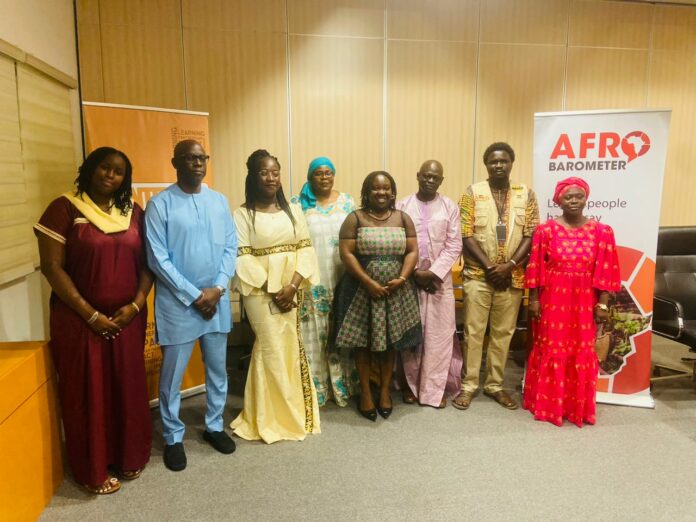By Zackline Colley
Amidst The Gambia’s continued efforts to fortify democracy and advance transitional justice, fresh data from the Centre for Research and Policy Development has revealed substantial public backing for reforms, accountability, and democratic governance, with 71% of Gambians in favour of adopting a new constitution.
The survey signalled widespread endorsement of a legal framework that could solidify the country’s democratic gains.
The push for constitutional reform has been critical to The Gambia’s transition from autocratic rule to democracy. Following the end of Yahya Jammeh’s 22-year regime, which was marred by human rights abuses and suppression of political dissent, Gambians have been eager to rebuild their nation’s governance structures on a more democratic foundation.
The proposed constitution, which has yet to be adopted, includes provisions aimed at limiting presidential power, strengthening checks and balances, and ensuring greater protection of human rights.
Alongside constitutional reform, the Truth, Reconciliation, and Reparations Commission (TRRC) has been a pivotal element of The Gambia’s journey toward justice. The TRRC, established to investigate human rights abuses during Jammeh’s rule, has garnered increased public attention and support. Compared to 2018 and 2021, more Gambians are now calling for those accused of crimes against humanity and other severe human rights violations to be held accountable. This shift reflects a growing demand for justice and accountability as the nation seeks to heal from the wounds of the past.
Moreover, the commitment to democracy in The Gambia remains robust. A large majority of citizens continue to express support for democratic governance and emphasize the importance of holding the government accountable. Notably, a majority of Gambians believe that government accountability should be prioritized, even if it results in slower decision-making processes. This perspective underscores the public’s preference for transparency and accountability over expediency in governance.
The findings also highlight the Gambian people’s rejection of non-democratic alternatives, reinforcing the nation’s dedication to maintaining a democratic system that respects the rule of law and fundamental freedoms.
As The Gambia moves forward with its reform agenda, the widespread public support for a new constitution and transitional justice measures indicates a collective desire to establish a governance system that reflects the aspirations of its people. The challenge ahead lies in translating this public support into concrete actions that will ensure a stable, just, and democratic future for all Gambians.




